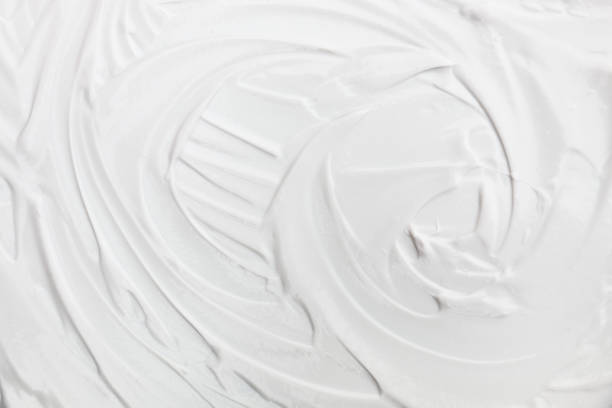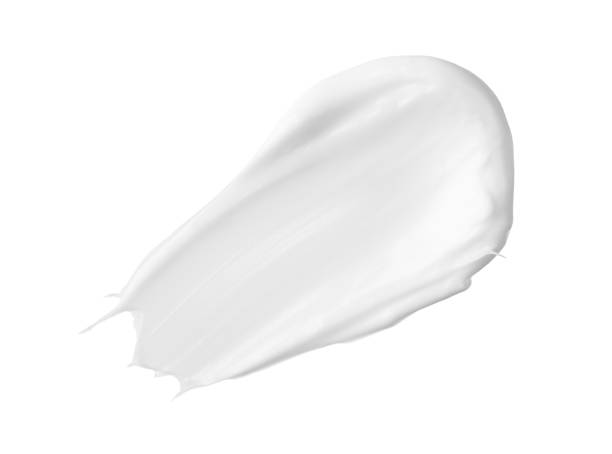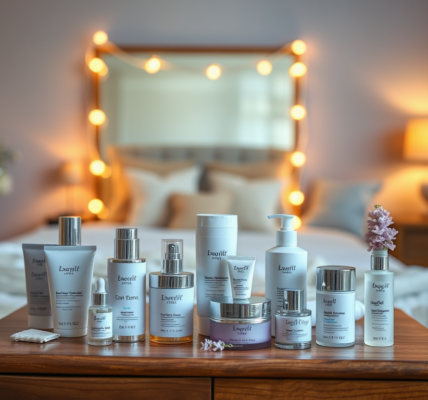Unlock the Power of Creamy Cleansers: Benefits, Usage, and Ingredients for Smooth, Radiant Skin
If you’ve ever felt that creamy cleansers don’t cleanse as well as you’d hope, you’re not alone. Many people are skeptical about the efficacy of these gentle, hydrating formulas. However, understanding how creamy cleansers work can alleviate these concerns and prove their effectiveness. This article will delve into the functions and benefits of creamy cleansers, helping you decide if they’re right for your skin type.
The Basics of Creamy Cleansers

Creamy cleansers are often formulated to be mild and nourishing, making them excellent for dry and sensitive skin types. These products typically contain moisturizing ingredients like glycerin, oils, and ceramides that hydrate the skin while cleansing. The main function of a creamy cleanser is to remove dirt, oil, and makeup without stripping the skin of its natural moisture balance. Unlike foaming cleansers, which can sometimes be harsh and drying, creamy cleansers keep your skin soft and supple.
How Creamy Cleansers Actually Cleanse
Despite their gentle nature, creamy cleansers are highly effective at removing impurities. They contain surfactants—compounds that lower the surface tension between the skin and the particles of dirt and oil, making it easier to wash them away. Additionally, many creamy cleansers include emulsifiers that help to dissolve makeup and excess oils, rendering them washable. The emollients in these cleansers ensure that your skin remains moisturized throughout the cleansing process.
Ingredients to Look For
When choosing a creamy cleanser, it’s important to know which ingredients will benefit your skin the most. Look for the following:
-
Glycerin:
This humectant attracts moisture to the skin, keeping it hydrated. -
Ceramides:
These lipids help to restore and maintain the skin’s natural barrier. -
Essential Oils:
Oils like jojoba, almond, or coconut can provide additional hydration and nourishment. -
Antioxidants:
Ingredients like vitamin E can protect the skin from environmental stressors.
When and How to Use Creamy Cleansers
Creamy cleansers are often best used as part of a double-cleansing routine. Start with an oil-based cleanser to break down makeup and sunscreen, followed by the creamy cleanser to remove any remaining impurities. To use, apply a small amount of the cleanser to your face, massage it in circular motions, and rinse with warm water. For best results, follow up with a toner and moisturizer suited to your skin type.
Benefits Beyond Cleansing
Aside from their primary function of cleansing, creamy cleansers offer several other skincare benefits. Due to their hydrating properties, they are less likely to cause irritation and are ideal for maintaining the skin’s natural pH balance. The emollients and humectants they contain also help to soften the skin, making it smoother and more radiant. Additionally, if you suffer from conditions like rosacea or eczema, creamy cleansers are often recommended because they are gentle and less likely to aggravate these issues.
Conclusion
Feeling like creamy cleansers don’t cleanse well enough is a common concern, but it’s largely unfounded. These gentle yet effective formulas offer numerous benefits, especially for those with dry or sensitive skin. From their moisturizing ingredients to their dual functions of cleansing and nourishing, creamy cleansers can be a valuable addition to any skincare routine. Try incorporating one into your regimen to experience the difference.
FAQs
1. Can I use a creamy cleanser if I have oily skin?
Yes, you can. Look for a creamy cleanser that is non-comedogenic and specifically formulated for oily skin. It will cleanse without leaving a greasy residue.
2. How often should I use a creamy cleanser?
For most people, using a creamy cleanser twice daily, in the morning and evening, is sufficient. However, adjust based on your skin’s needs.
3. Can I use a creamy cleanser to remove makeup?
Creamy cleansers can effectively remove makeup, especially when used as part of a double-cleansing routine. Start with an oil-based cleanser for heavy makeup, followed by the creamy cleanser.
4. Are creamy cleansers suitable for sensitive skin?
Absolutely. Creamy cleansers are often recommended for sensitive skin because they are less likely to cause irritation and are formulated with gentle, soothing ingredients.
5. Will a creamy cleanser clog my pores?
Generally, creamy cleansers are designed to be non-comedogenic, meaning they won’t clog pores. However, always look for a product labeled as non-comedogenic to be safe.









